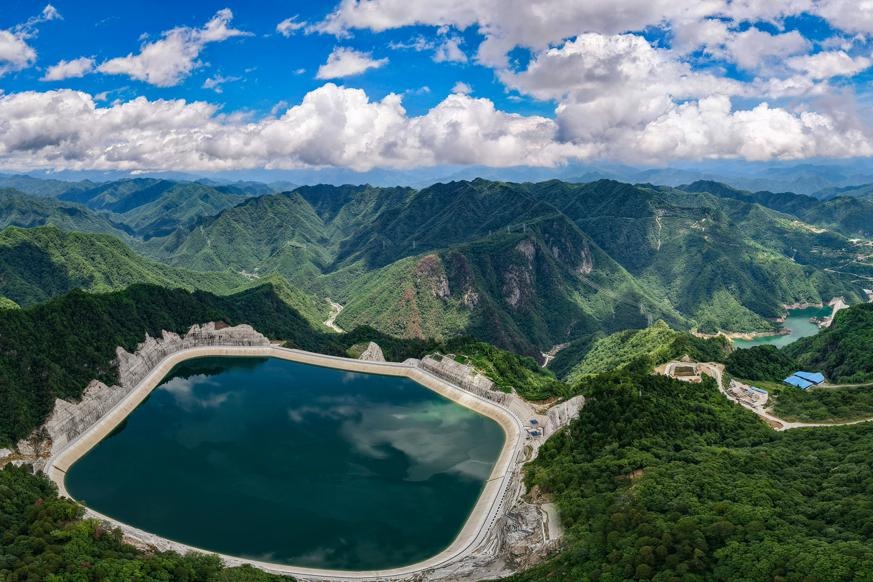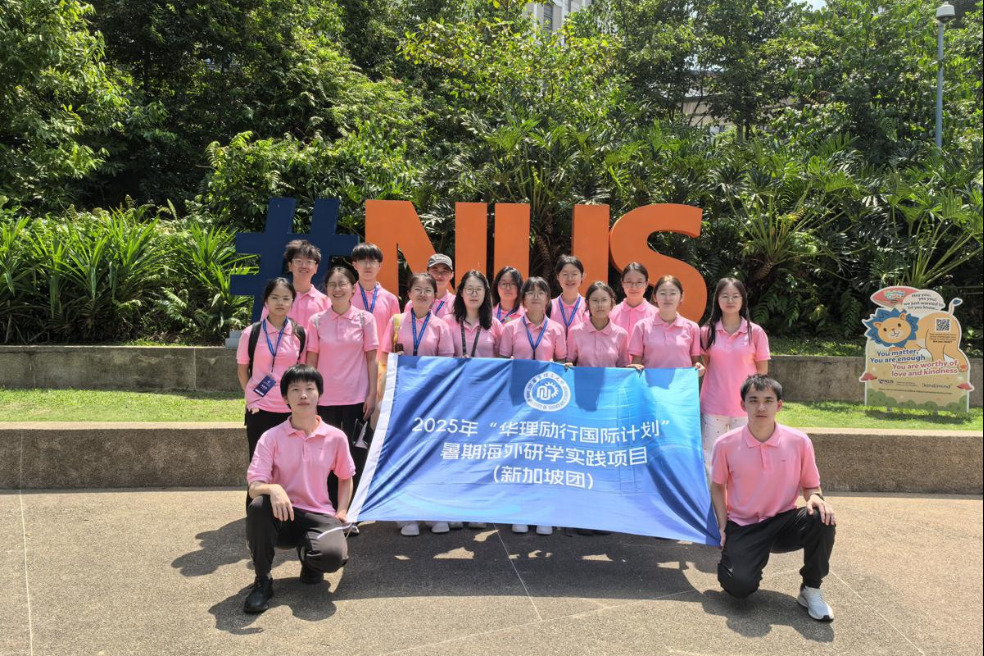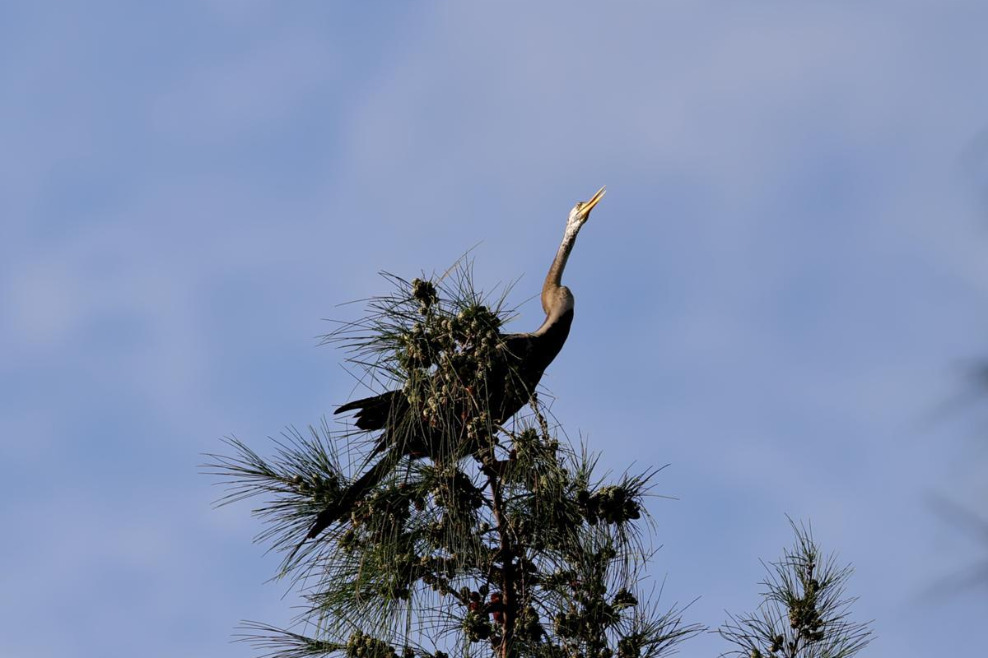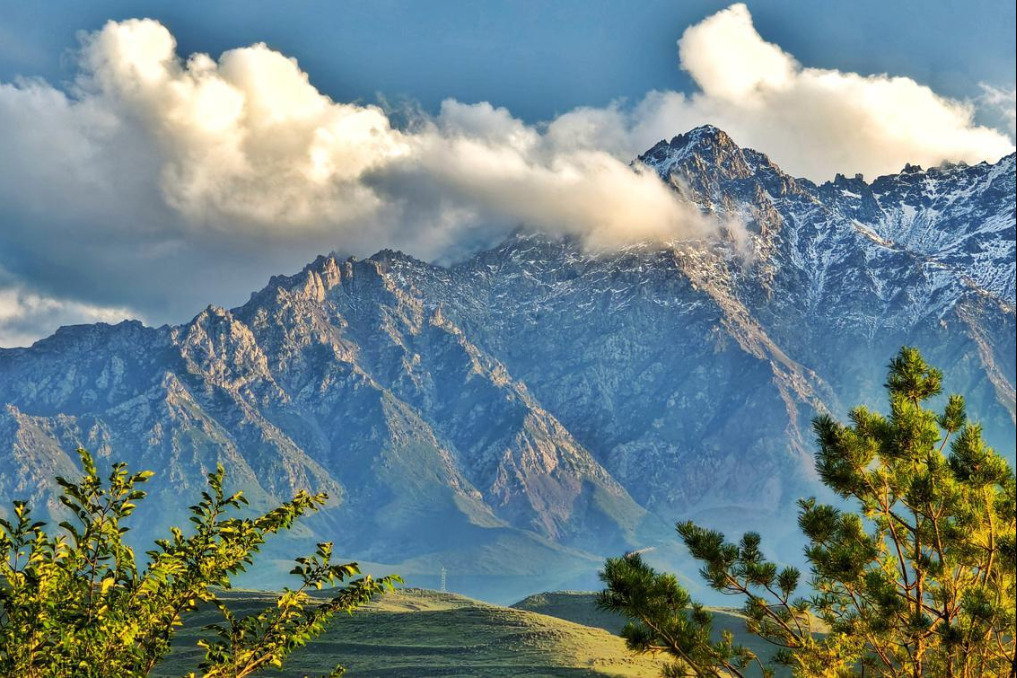Low-impact Lishu model steps up protection of precious black soil

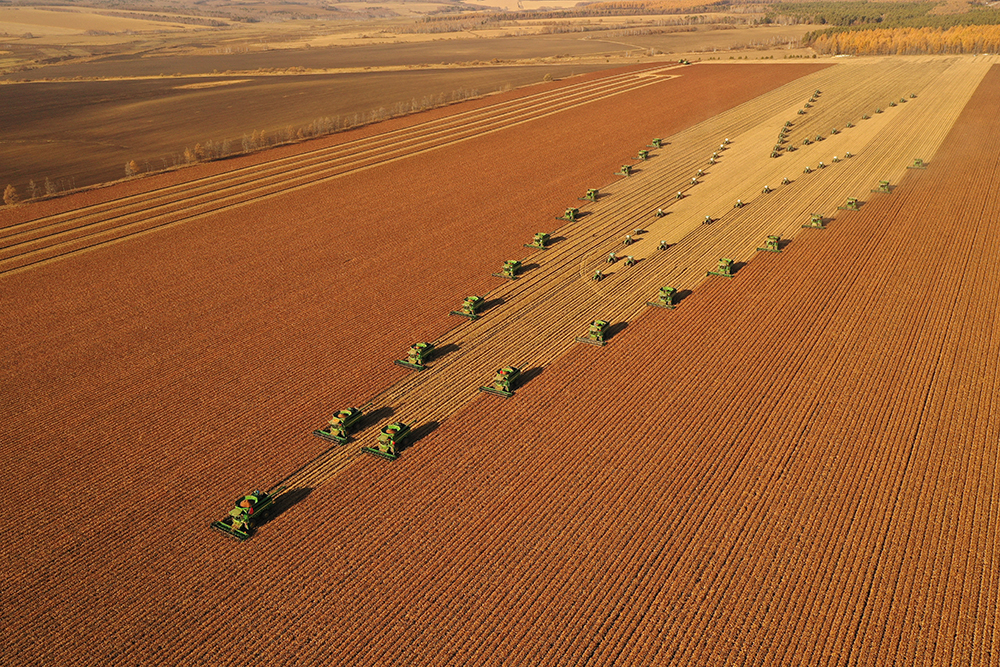
China will finish the protection of 6.67 million hectares of black soil during the 14th Five-Year Plan (2021-25) period, improving the quality of farming and increasing organic matter in the soil by 10 percent, according to a plan released recently by the Ministry of Agricultural and Rural Affairs and six other departments.
Black soil is recognized as the most fertile soil in the world. It takes 200 to 400 years to form a 1-centimeter-thick layer of black soil under natural conditions, according to a white paper released by the Chinese Academy of Sciences last month.
Dubbed the "giant panda of cultivated land", the black soil in Northeast China is one of four major chernozem regions around the world. Covering an area of 1.09 million square kilometers, it is also one of the most fertile regions in the country.
The grain yield from the black soil in Northeast China accounts for a quarter of China's grain output, and the white paper said it helped ensure national food security.
However, irrational cultivation and tillage, as well as climate change, have caused degeneration of the black soil in Northeast China, it added.
Kong Xiangbin, a professor at China Agricultural University and an expert on farmland protection, said the black soil "is facing the challenge of becoming thinner, smaller and harder".
In the past 60 years, the organic matter in the soil has decreased by a third to 50 percent in some areas, and the black soil's water storage capacity has also dropped. In some areas, the black soil layer is less than 20 cm thick and is decreasing by 1 to 2 millimeters a year.
"Protective cover is the key to treating black soil in Northeast China, where the weather is cool and the soil is vulnerable to wind and water erosion," Kong said.
Returning maize straw to farmland as mulch-a practice known as the Lishu model-has proved effective in improving the quality of black soil in Lishu county, Siping, Jilin province. President Xi Jinping said during a visit to Siping in July last year that the model was worth promoting.
Wang Guiman, a county official in charge of agricultural technology, said covering the soil with straw and adopting no-tillage sowing was an environmentally friendly technique that maintained soil moisture, prevented wind and water erosion, improved fertility, reduced cultivation and saved money.
"The Lishu model is like covering the black soil with a straw quilt," Wang said.
Emphasizing conservation during tillage can reduce soil loss by an average of about 80 percent, enhance the soil's water storage capacity and improve the drought resistance of crops.
To promote the method, the county has teamed up with local agricultural cooperatives to build demonstration bases, and it is also encouraging farmers to adopt the practice by providing subsidies of 750 yuan ($116) a hectare for farmland using it.
Sheng Tieyong, the head of an agricultural cooperative in Changtu county, Liaoning province, said the county has applied the straw mulching technology according to its own soil and weather conditions.
"We bought four rows of advanced no-tillage planters, which can operate on nearly 200 hectares of farmland in one season, improving both the efficiency and quality of sowing," he said.
In order to promote high corn yields to supply maize straw, Sheng said the cooperative has used plant protection drones to help control weeds.
However, China still needs to boost technological innovation in the biological treatment of straw, fertilizing techniques, agricultural machinery and black soil monitoring, the white paper said.
Technological innovation is the driving force to promote economic and social development, and it is also the fundamental way to "protect and make good use of the black soil", it said.
The plan for the next five years will focus on controlling soil erosion, building farmland infrastructure, cultivating a fertile farming layer, and monitoring and assessing farmland quality.
By the end of 2025, 3.3 million hectares of high-quality farmland will be established on the black soil in Northeast China, and the cultivation layer of dry land will reach a depth of 30 centimeters, it said.
The plan also stipulates that China will enhance the coordination of different sectors involved in black soil protection and promote the large-scale demonstration of advanced methods.
















